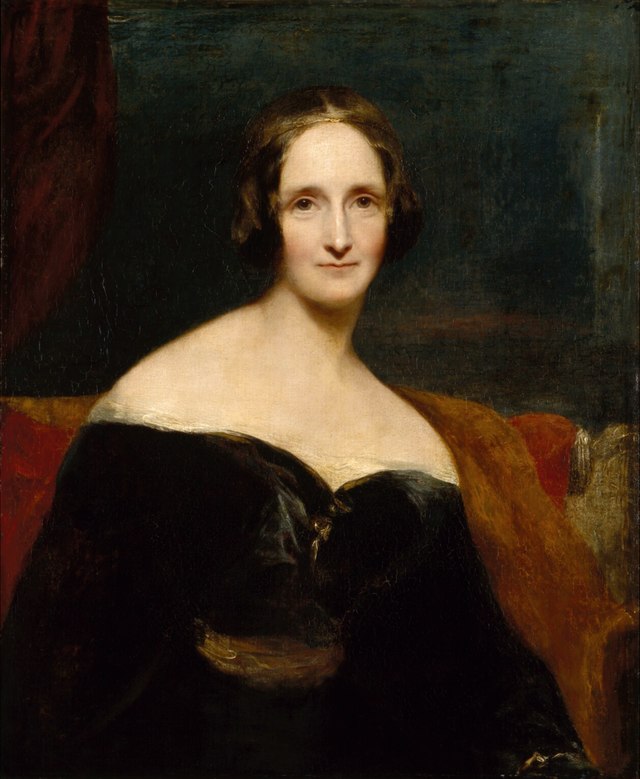Overview:
The first science fiction novel is generally respected as "Frankenstein; or, The Advanced Prometheus," composed by Mary Shelley. Distributed in 1818, this earth-shattering work of writing investigates subjects of logical aspiration, creation, and the outcomes of playing God, hence laying out a considerable number of the figures of speech and topics that would characterize the science fiction classification.

Mary Shelley considered the thought for "Frankenstein" throughout the late spring of 1816, frequently alluded to as the "Year Without a Mid-Year." She was remaining close to Lake Geneva in Switzerland with her future spouse, the writer Percy Bysshe Shelley, and their companion, Master Byron. The gathering engaged themselves by perusing phantom stories, which drove Byron to recommend that every one of them compose their own powerful story. Motivated by this test, Mary Shelley longed for a researcher who made life and was frightened by what he had made.
"Frankenstein" recounts the tale of Victor Frankenstein, a youthful researcher who makes an unusual but conscious animal through irregular logical trials. The novel digs into the moral and ethical consequences of his mission for information and the animal's ensuing battle with its own reality and humankind's dismissal. Shelley's story was creative, and now is the right time, consolidating Gothic components with early science fiction and, in this manner, spearheading another sort.
Mary Shelley's work lastingly affects writing and culture. "Frankenstein" presented science fiction as a kind as well as started conversations about the obligations and risks of logical investigation, subjects that keep on reverberating in current science fiction.
In Rundown, Mary Shelley's "Frankenstein" is credited as the main science fiction novel, denoting the start of a type that investigates the broad prospects and moral ramifications of logical progressions.
Read more: Who was the first woman to win a Nobel Prize in Chemistry